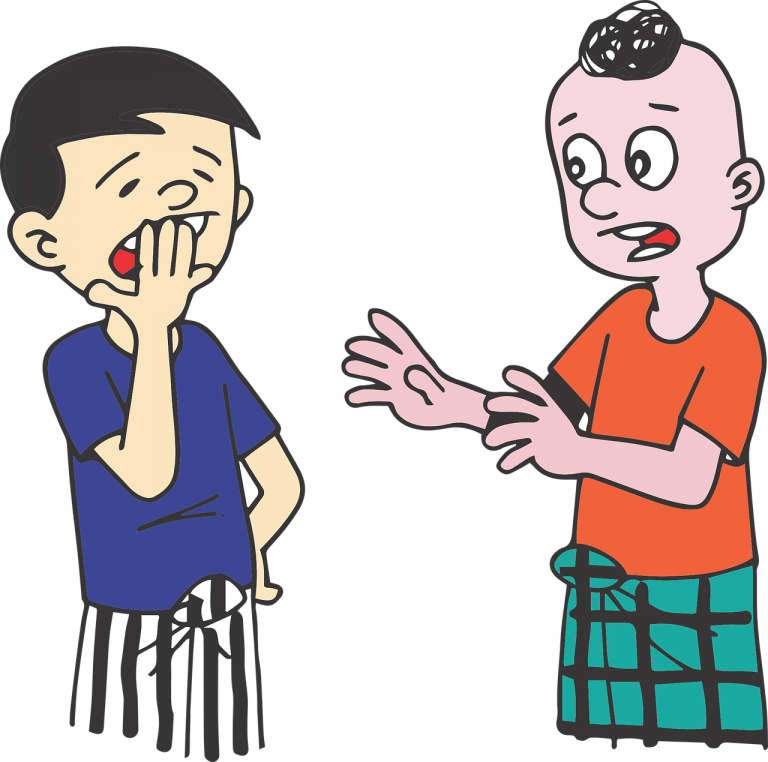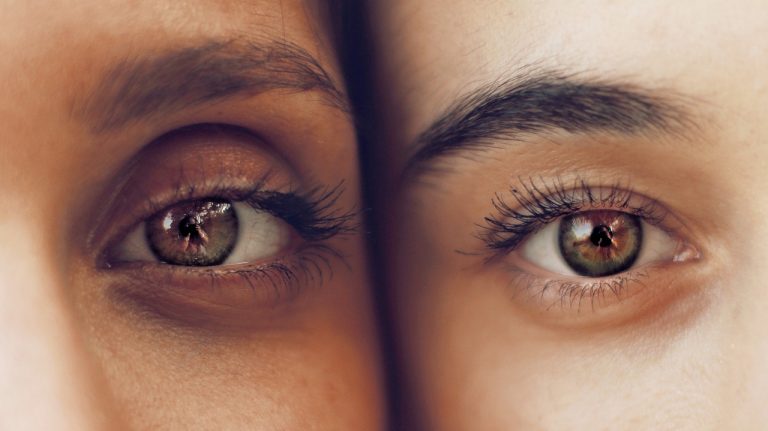The Weight of Waiting
“For a while” is a phrase whose length can’t be measured. At least by the person who’s waiting. — Haruki Murakami, South of the Border, West of the Sun
You may have noticed that it’s been about five weeks since my last post on everydaypsych.com, the longest break I have taken from posting in over six years…
This summer (which ended for me yesterday with the start of the 2019-2020 school year) was a rough one. Because this upcoming year is my final one in graduate school, this summer has been spent bolstering my resume and applying to jobs (117 in total) to try to continue getting summer break for the rest of my life.
And just a week ago, I finished my first round of interviews at a dozen universities interested in me. Now, I am waiting to hear if any of them want to interview me further…
WAITING AND WAITING AND…
Although my current state of waiting may be a bit extreme (i.e., trying to figure out the course of my life), we all experience waiting in different forms and to different extents throughout our days. And regardless of how it manifests, we generally dislike waiting. Indeed, in the marketplace, more than 70% of people report concern over waiting times.
Fortunately, psychology has not let this common human behavior (and grievance) go unresearched. So now, let’s cover some of the key insights regarding the psychology of waiting:
Principle #1: When your time is unoccupied (vs. occupied), the wait feels longer.

In one study, researchers manipulated whether undergraduates had access to magazines while waiting for their university’s Career Counseling Service. For the undergrads who didn’t have magazines, they estimated the wait was significantly longer—even though it was identical between conditions! (Admittedly, this study was run in 1995, so access to smartphones/the internet was not an option for busying themselves.)
In general, when we have nothing to occupy our time, we pay more attention to time itself, making the wait feel even greater.
Principle #2: Uncertain (vs. finite) waits feel longer.

For example, let’s take a look at the phenomenon that’s been dubbed “appointment syndrome.” That is, if you arrive early for an appointment, you will sit there contentedly—and for a long time!—until your appointment is scheduled. However, as soon as even a minimal amount of time has exceeded your appointment, the wait suddenly feels unbearable.
Leading up to the scheduled time, you knew exactly how long the wait was going to be. However, as soon as that point passes, it’s unclear how long you’ll have to wait and thus it makes the wait feel even longer.
Principle #3: Anxiety makes the wait feel longer.

Funny enough, the simple anxiety at having chosen the wrong line is often what ends up making us feel like we’ve chosen the wrong line. That is, lots of research shows that when we’re feeling anxious, waits feel longer.
When we’re anxious, we have reduced cognitive and attentional control. Because of this, we focus more on the passage of time itself as well as our own negative feelings. In turn, this makes us feel like the wait is longer than it actually is.
THE WAIT IS ALMOST OVER
So the next time you feel like the wait is taking forever, ask yourself if any of the three factors above could be influencing your perception of wait time. When it comes to my own job prospects and future career, I’m definitely doing my best to occupy my time—but the uncertainty and anxiety have nonetheless transformed these last few days into decades of waiting.
Still-Waiting,
jdt
Everyday Psychology: A big contributor to our perception of–and dissatisfaction with wait times is our expectations. For example, restaurants will often exaggerate the wait time associated with a table so you’re happier when it comes “early.” Airlines do the same thing, claiming you’ll arrive later than they actually anticipate. However, the best “trick” for making a wait feel shorter is to share it with other people. Research shows that interacting with others (and particularly those we’re close with) helps to occupy our time, reduce the concern about uncertain waits, and lower our anxiety. So, if you’re stuck in a line waiting, turn around and make a friend to make the time pass more quickly!
Maister, D. H. (1984). The psychology of waiting lines. Boston, MA: Harvard Business School.
Nie, W. (2000). Waiting: integrating social and psychological perspectives in operations management. Omega, 28(6), 611-629.
Taylor, S. (1995). The effects of filled waiting time and service provider control over the delay on evaluations of service. Journal of the Academy of Marketing Science, 23(1), 38-48.
Wrightsman Jr, L. S. (1960). Effects of waiting with others on changes in level of felt anxiety. The Journal of Abnormal and Social Psychology, 61(2), 216.









Good luck on your job search! If you get the chance to teach abroad, Trinity College in Dublin is amazing and the number of corporate headquarters here is lengthy.
I also enjoyed Oxford if you have an interest.
Bernadette 9/5/19
Thanks, Bernadette!! I hope you’re having an amazing trip abroad 🙂 I loved Ireland and would one day love to see Oxford, too. So much history in both places!
All the best in your job search
That is kind of you, thank you 🙂 I’ll be sure to update everyone when I know more details.
Great Post! Does this mean you’ll stop writing this blog once you are a professor? If you come to UW for an interview I’d love to get you a coffee!
Haha I’ll keep up the blog once I’m a professor, too 🙂 I love the opportunity to learn about new studies in psychology and pass on that knowledge to others! And it would be great to have a coffee with you — is this UW Washington or Wisconsin? (neither school interviewed me, but who knows where academia will still take me!)
Good to hear you will keep the blog going. I’m at the University of Washington in the Foster School of Business. Best of luck on your search!
Oh wow, very cool! I will definitely reach out if I’m in the area. And thank you for the good luck wishes. I’m scrounging up all the extra luck I can these days 😉